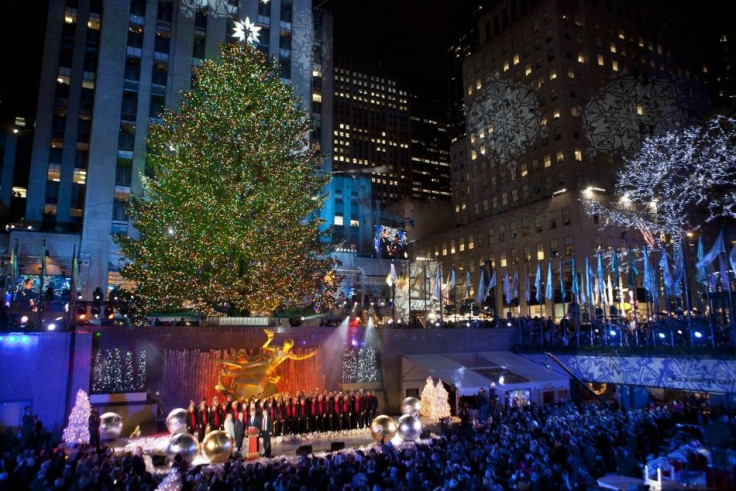Artificial Lighting Affects Sleep Patterns, Breeding Cycles Of Animals, Says Study
KEY POINTS
- Researchers say the effect of artificial lights on animals is more serious than previously thought
- They found rodents exposed to the lights were less active at night
- Animals exposed to artificial lighting also had reduced levels of melatonin
The artificial lights that we use to make our lives more comfortable can have "enormously disruptive" effects on our planet. A new study shows that artificial night-time lighting changes the sleep patterns and breeding cycles in animals.
This is not just the case with powerful lighting sources, but the soft light from a table lamp also can be equally disruptive.
The study, published in the journal Nature Ecology and Evolution, showed that animal species exposed to artificial lighting at night had reduced levels of melatonin, a hormone that promotes quality sleep patterns. A team led by researchers from the University of Exeter found that rodents, which are mostly nocturnal in nature, became less active at night after they were exposed to artificial lighting.
On the other hand, daytime-flying birds were found to be active for longer hours, "with singing and foraging starting earlier," the researchers said in a news release.
Numerous studies in the past have provided insights into the effects of artificial night-time lighting on the environment. After analyzing more than 100 of these studies, the team compared the impact of artificial lighting on nature to that of climate change.
The team pointed out a common link between climate change and night-time lighting – both are caused by human activities. They urged people to limit their use of night-time lights.
"Our study shows that we should, as a matter of principle, only use night-time lighting where we need it and no further, and at intensities that we need and no more. In effect, we need to view light like any other pollutant," Professor Kevin Gaston from the University of Exeter said in the press release.
"Obviously it would be ridiculous to say 'switch the world's lights off' – but we could reduce our use of light immensely with absolutely no impact on ourselves," he added.

© Copyright IBTimes 2024. All rights reserved.





















